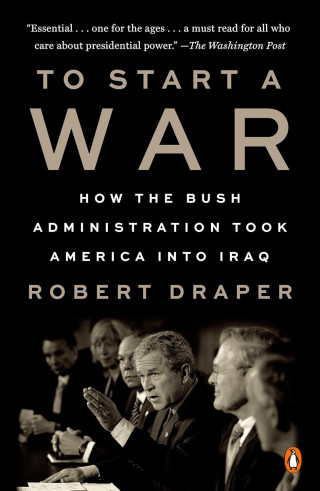A few weeks before I deployed to Iraq as a young US military officer, in the spring of 2003, my French-born father implored me to watch The Battle of Algiers, Gillo Pontecorvo’s dramatic reenactment of the 1950s Algerian insurgency against French colonial rule. There are many political and aesthetic reasons to see this masterpiece of cinéma vérité, not least of which is its portrayal of the Algerian capital’s evocative old city, or Casbah. One winter morning in 2014, more than a decade after I first saw the film, I took a stroll down the Casbah’s rain-washed alleys and into the newer French-built city. Scenes from the black-and-white movie—like the landmark Milk Bar café where a female Algerian guerrilla sets off a bomb that kills French civilians—jumped to life. The ensuing French military response, memorably depicted in the film, included arbitrary arrests, torture, and “false flag” bombings that only inflamed the Algerian insurrection.
It was these moral perils of counterinsurgency that my father hinted at. “Keep your eyes open,” he told me. This was a prescient warning, one that served as the backdrop for my deployment, even if the Algerian analogy was imperfect and would become overused. As American soldiers soon faced a guerrilla and civil war in Iraq for which they were woefully ill-equipped, intellectually and militarily, The Battle of Algiers would be screened and discussed at the Pentagon. To this day, it is taught to West Point cadets as a cautionary tale.
Still, the full weight of the film’s lessons was not apparent to me in Iraq until one morning in the summer of 2003, when I received an urgent phone call about a captured Iraqi intelligence officer. My commander wanted me to go interview him at the Baghdad hospital where he was being treated for unspecified wounds.
I donned my Kevlar vest and grabbed my carbine for the trip to the so-called Green Zone in the city center, which was becoming increasingly dangerous because of bomb attacks and ambushes by a growing insurgency.
